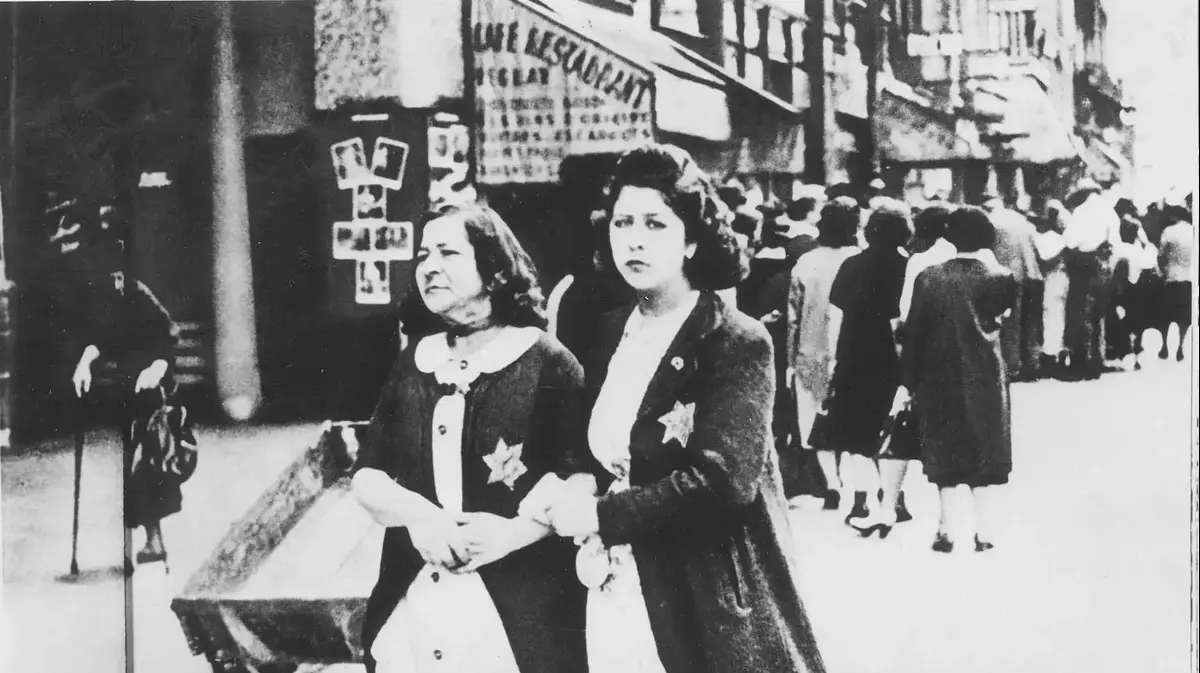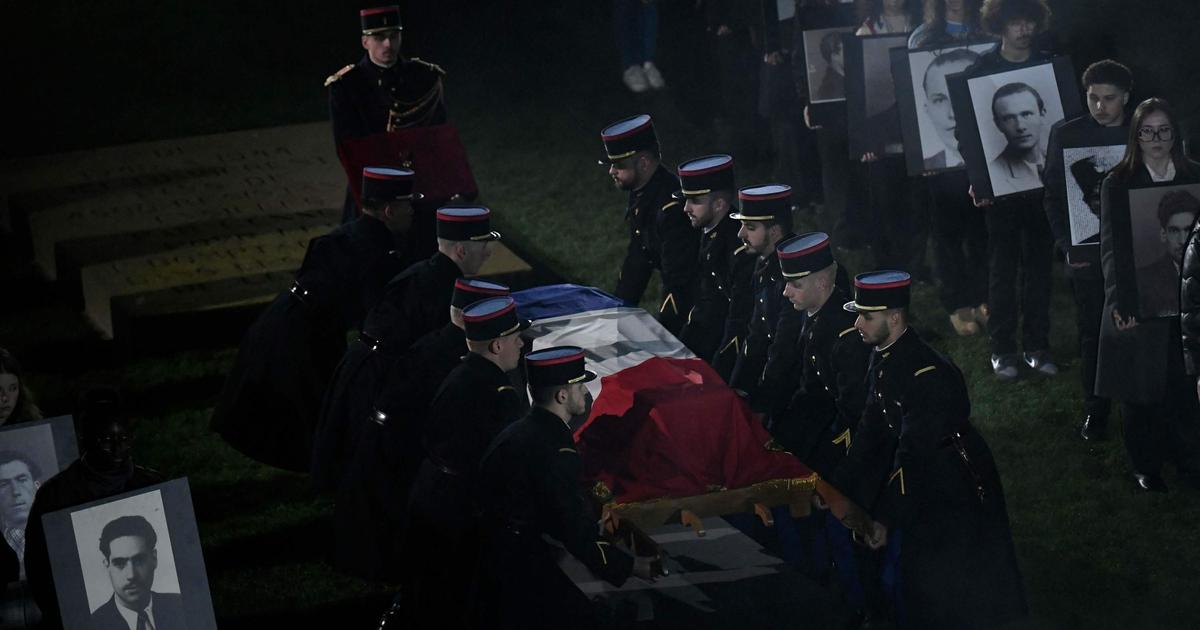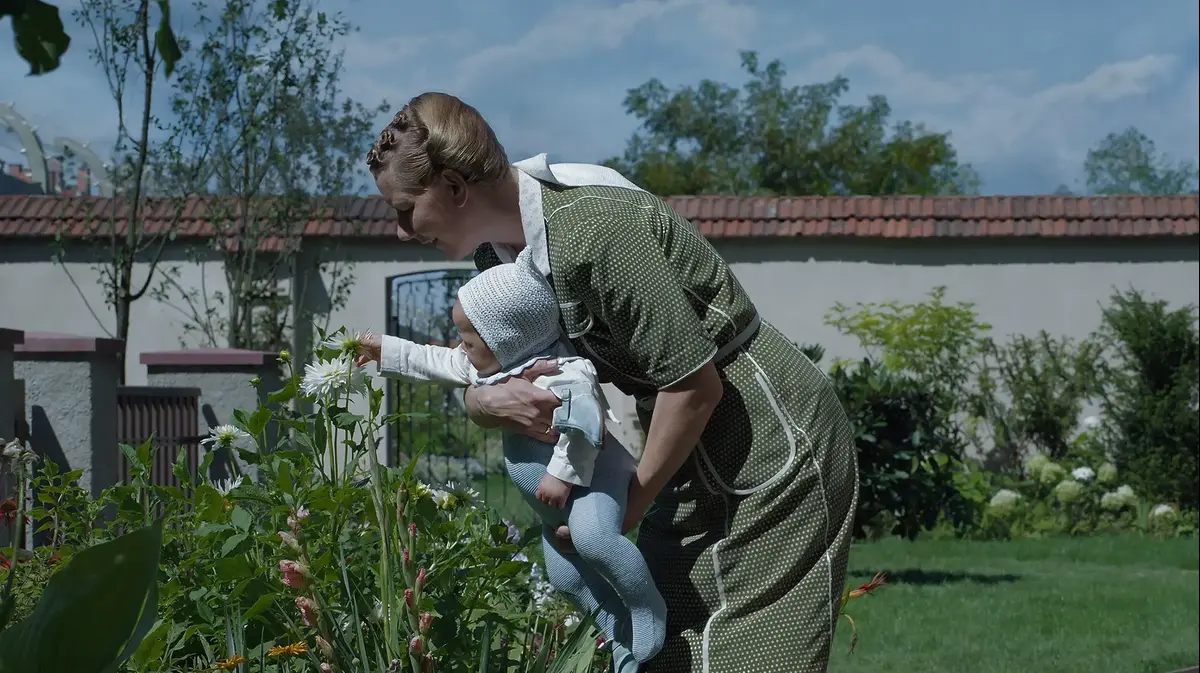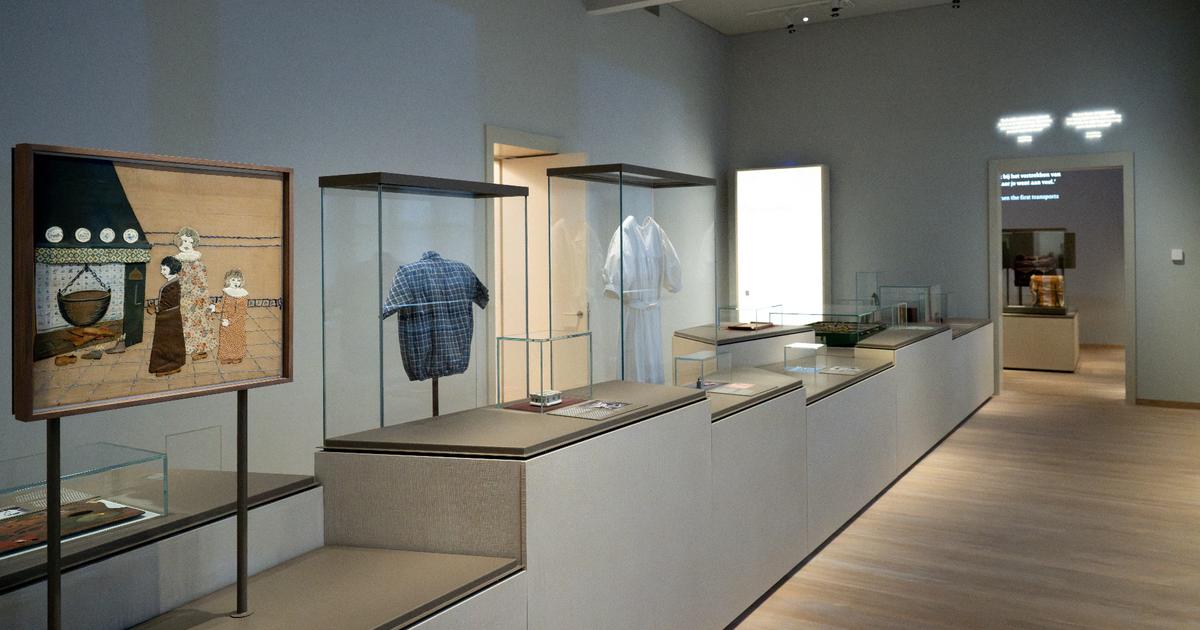80 years since the deportation of the Jews of Paris: "Even the Nazis were amazed at how quickly France became cruel to the Jews"
Moshe's family found out about Jews who were to be deported, and warned them in advance.
Simon, who hid in a remote orphanage, does not forget the farewells from her parents, who were sent to Auschwitz.
Less than 2,000 Holocaust survivors from France live in Israel today.
This is the story of two of them, who managed to build a new life here
Meirav Cohen
27/04/2022
Wednesday, 27 April, 2022, 11:16 Updated: 11:17
Share on Facebook
Share on WhatsApp
Share on Twitter
Share on Email
Share on general
Comments
Comments
In the video: "Wall of Names" at the Holocaust Museum in Paris (Photo: Reuters)
This year, on Holocaust Martyrs 'and Heroes' Remembrance Day 2022, the 80th anniversary of the deportation of the Jews of Paris and the beginning of the deportation of French Jews to the extermination camps in 1942 will also be marked.
One third of the country's Jews were murdered in the Holocaust.
According to data from the Holocaust Survivors' Rights Authority, there are currently only 1,856 Holocaust survivors left in Israel who immigrated to Israel from France.
One of them is Moshe Gotel, a 85-year-old native of Paris. "I was a year and a half old when the war broke out," he told Walla !, "In the summer of 1939, the whole family went on vacation in northern France. "The French issued harsh laws against the Jews, even worse than the Nuremberg Laws - even the Germans were amazed at how quickly a liberal France became cruel to the Jews. Gradually the situation of the Jews became worse."
Back then, Gottel's father was the director of an orphanage, where children who had lost their parents in the war were staying.
"My father went to the Jewish underground and asked to fight with them. They told him that we did not need more officers, but there are many orphans from the war and need an educator to run an orphanage. My father, as a teacher, immediately took on this task."
More on Walla!
Stimulates all the senses: Pancota Coffee
In collaboration with the coffee manufacturer - Landover Coffee
The Gottel family.
Top left: Uncle Henry, who warned many Jews - and was executed in front of a firing squad (Photo: courtesy of the family)
"The district chief police officer would have liked to go to an institution run by my father," he recalls, "my father would give him a liquor. When he was drunk he would tell him about the Jews - children, old men and women - that he had to hand over to the Germans. He used to 'forget' the list on my father's desk, and immediately my uncle, Henry Klein, went to warn those Jews from the list - and so they managed to escape. It happened several times. My uncle Henry, who thus saved thousands of Jews - was executed in a firing squad. ".
"The Germans would come to search the institution every so often," he added.
"Every time the same righteous officer warned us and we hid the Jews who worked there, except for the children who were still protected in France."
But this did not always work out, and once, when there was no advance warning, a Hungarian accountant with his whole family was arrested there, and they were deported.
"The day before I played with the girl Anna and the day after she was no more," he recalled.
Moshe explained that he does not remember the name of the French officer who warned them so that he could not receive the Righteous Among the Nations award.
There was no one who did not have anyone
When the Vichy administration came to power in half of France, the children were no longer protected either, and the educational institution was dissolved.
"We learned that the Gestapo was looking for us, and the parents decided to move to Switzerland in three delegations, because we were a large family," says Moshe.
"Slowly we all moved to Switzerland and were protected. I grew up in Red Cross institutions and my parents were in refugee camps."
After the war, family members tried to rebuild their lives.
"After the war, my father returned to Paris, in order to return to his place of work and return to life," he said. "Everyone was dead-dead because there was no one who was not that everyone. From this period I remember everything is gray - it was terrible."
"I would not want to live in another country."
Moshe Gotel with his wife (Photo: courtesy of the family)
Although his parents and sister refrained from doing so, Moshe decided to immigrate to Israel.
"My parents were not Zionists, but my father understood pedagogically that we should be allowed to go to Bnei Akiva in France. There were not many religious people left in France - it is hard to imagine. I had an empowering experience of strong Judaism, who knows how to stand up and fight. "Sad in the community, that it was a strong and good balance," he said.
In Israel, he became a teacher in Kfar Hasidim, mentored immigrant youth, and started a family.
"In Israel I got married, my wife and I had four children, 22 grandchildren and six great-grandchildren - and one more on the way. I live in the capital of Israel - in Jerusalem, and this is the best revenge I could ask for. France was supposedly not anti-Semitic, but I would not want to live in any other country That is the message I want to convey, "Moshe concluded.
"Never forget that you are a Jew"
Simon Gershenson (formerly Gershenfish), 88, from Haifa, was a seven-year-old girl when the war came to France.
"My parents came to France from Poland after antisemitic incidents that were there. In 1941 they started talking about persecution of Jews. At this point there were already bans on Jews like yellow badges, and it is forbidden to get on public transport, and all kinds of bans," she said.
Her mother was the first victim of the family.
"One day a German suddenly knocked on the door. My mother told us, the children, to hide under the beds. She opened the door for him with a baby on her hands that she could not hide. We thought only men were being taken, so Dad hid in a madhouse and Mom was with us. "I was French and asked my mother to come with him," she recalls.
"The next day Dad took us to see Mom in jail," Simon says.
"I saw her in a small room with dozens of Jewish mothers just standing there waiting. My mother noticed us and she shouted at us, I remember her hard look, and her hair was messy. I was so scared I just ran away from her - so I said goodbye to her - it's hard for me to this day "This is her last picture of me. In shipment number 6, my mother was sent to Auschwitz. We received a postcard from someone unknown after the war."
The Gershenfish family, ten days before the mother was sent to Auschwitz (Photo: courtesy of the family)
From here began the journey of survival of Simon and her brother.
"We stayed at home for another two months with my father. Then he took me and my sister to a distant orphanage school. The train there was full of Germans, but we had already learned to hide the yellow badge. There he said goodbye to us and said to me: 'Never forget you are Jews, and stay "I saw him walk away and that's it, I did not see him anymore," she says.
"After a month and a half we were informed that they had taken him. After the war we realized that he too had come to Auschwitz."
"During the war we knew nothing, we thought the war would end and we would all unite," she says, but that hope has vanished.
"He (my father - MK) hid my two brothers from a Christian woman who hid two other Jewish girls.
One day we reported her and asked him to transfer the two boys.
"They killed my four-year-old little brother, and my middle brother hid in a train station the whole time of the war under a false name."
"France has become cruel."
Jewish women in Paris wearing yellow badges (Photo: Official website, Yad Vashem)
After the liberation, the surviving brothers searched for what was left of their family.
"After the war we went to the only place we thought the parents or other Jews would be - a synagogue of the community. There American Jewish soldiers were waiting for us and helped us find my brother to reach our aunt in Switzerland, and from there we immigrated to Israel," she recalls.
"On boarding an illegal immigrant ship on the way to Eretz Yisrael, an unknown person gave us a large suitcase. When we arrived in Atlit, someone else took it from us - today I know that this is how we transferred weapons to the Irgun.
" To Mikve Israel, my brother to an institution in Petah Tikva and I to an institution in Raanana.
"It was very difficult, especially since there were no other relatives left and Dad asked us to stay united," she says. "Over the years I went through a lot of institutions."
In Israel, Simon started a family and became an educator.
"After I got married, we moved to Haifa and we have two children," she says.
“I worked as a teacher and founded the project of personal commitment that students make in tenth-eleventh grades.
My message is that we should continue to be giving, in spite of everything, which is why I set up this project, which continues to be successful throughout the country. "
Five survivors immigrated this year from France
According to data from the Holocaust Survivors' Rights Authority, out of 1,856 French survivors currently living in Israel, 1,459 receive monthly benefits and the rest receive annual benefits.
The average age of French immigrant survivors is 84.5, the oldest of whom is 102, and the youngest 77. In the past year, five Holocaust survivors have immigrated from France, and a total of 46 survivors have immigrated from the country in the last five years.
"Each survivor has their own story and each community has its own heritage," says Abram Torem, director of the Holocaust Survivors' Rights Authority.
"It is our duty as a state to act and ensure that every Holocaust survivor will be able to tell their unique story and will be entitled to live with the respect they deserve."
news
News in Israel
Events in Israel
Tags
Paris
France
The Holocaust
Holocaust survivors


/cloudfront-eu-central-1.images.arcpublishing.com/prisa/OFIE3IOCHJH4RI645WWWIXYPFM.jpg)

/cloudfront-eu-central-1.images.arcpublishing.com/prisa/7C3LUM4R75AU5MMLTKFXM4GDUA.jpg)










